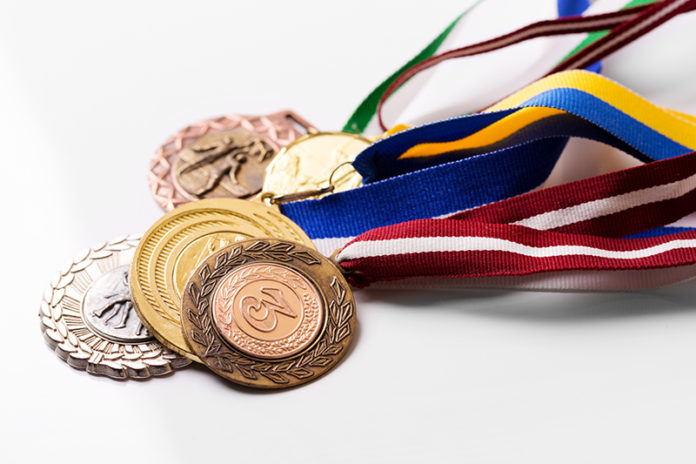Before the White House announced that no U.S. officials will be attending a certain global sporting festival in Beijing, a spokesman for the Chinese foreign ministry objected to the idea. “The Winter Olympic Games is not a stage for political posturing and manipulation,” he said. That’s right. Then he laughed so hard he ruptured his spleen.
Not really. The crucial job qualification for being a spokesman for an authoritarian government is the ability to utter bald-faced lies with stolid aplomb. If there is any unassailable truth about the Olympic Games, it’s that nations host them for political reasons first and last.
The most brutal regimes see these extravaganzas as a way of improving their image abroad while dazzling the folks at home.
The practice goes back at least to Adolf Hitler, who exploited the 1936 Summer Games with cynical abandon. He even went so far as to assert that the Olympics “unites the combatants in understanding and respect. It also helps to connect the countries in the spirit of peace.”
China hosted the 2008 Summer Games, and as Wilson Center scholar Anne-Marie Brady wrote, the government devoted the two years leading up to them to a domestic “propaganda campaign designed to mobilize the population around a common goal and distract them from more troubling issues such as inflation, unemployment, political corruption and environmental degradation.” The Beijing Olympics were the second most expensive in history. The government obviously believed that the political payoff justified vast sums of money.
The most expensive were staged by Russia in 2014 under President Vladimir Putin, who personally chose the site, Sochi, and made sure that cost was no object. He plainly saw the Winter Games as a chance to enhance his image and Russia’s.
President Barack Obama limited official U.S. representation to a couple of minor functionaries, a gesture meant as a rebuke for Russia’s anti-gay policies. President Joe Biden has gone further, sending no one at all to Beijing. “U.S. diplomatic or official representation would treat these Games as business as usual in the face of (China’s) egregious human rights abuses and atrocities in Xinjiang, and we simply can’t do that,” White House press secretary Jen Psaki said.
But the administration chose not to ask the United States Olympic and Paralympic Committee to withdraw. President Jimmy Carter demanded and got a U.S. boycott of the 1980 Moscow Summer Games to protest the Soviet invasion of Afghanistan. Four years later, the Soviets and their allies retaliated with a boycott of the Summer Games in Los Angeles.
Biden’s choice is in keeping with what should be the appropriate Olympic spirit. It denies China the U.S. government’s imprimatur without denying American athletes the opportunity to compete in the world’s prestigious sporting event.
The record shows that politics is as much a part of the Olympics as surreptitious doping, white elephant stadiums and inexplicable figure skating scores. One way to make the Games less political would be for politicians to stay away.
We don’t expect the prime minister of Canada to show up at the NBA All-Star Game. One of President Donald Trump’s few commendable decisions was never intruding on a major league baseball game to throw out the first pitch. (He did make a grand appearance at a NASCAR race, an election-year stunt in the swing state of Florida).
The Olympics, at their best, offer a glimpse of humanity engaged in peaceful competition, transcending such barriers as race, religion and nationality. Fans can be uplifted by the feats of individuals and teams whose governments inspire only fear and loathing. Sport can remind us how much people have in common with other people. Politics does more or less the opposite.
What would really take politics out of the Games is denying bad governments the chance to play host. That could be accomplished by assigning the Summer and Winter Games each to one or two permanent sites, preferably in countries that are not the functional equivalent of open-air prisons.
No longer would tyrants be able to command the world’s attention as they bask in the Olympic glow. No longer would athletes have to swallow their objections to unsavory regimes. No longer would cities be lured into ruinous bidding wars for a one-time blowout whose chief value is, yes, political.
By now, we all take it for granted that each set of Games will be manipulated for the benefit of governments, and especially by bad ones. But it’s worth trying to change that. An Olympics without politics would be like a summer without sunburn.






























